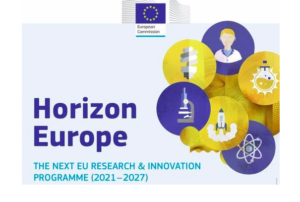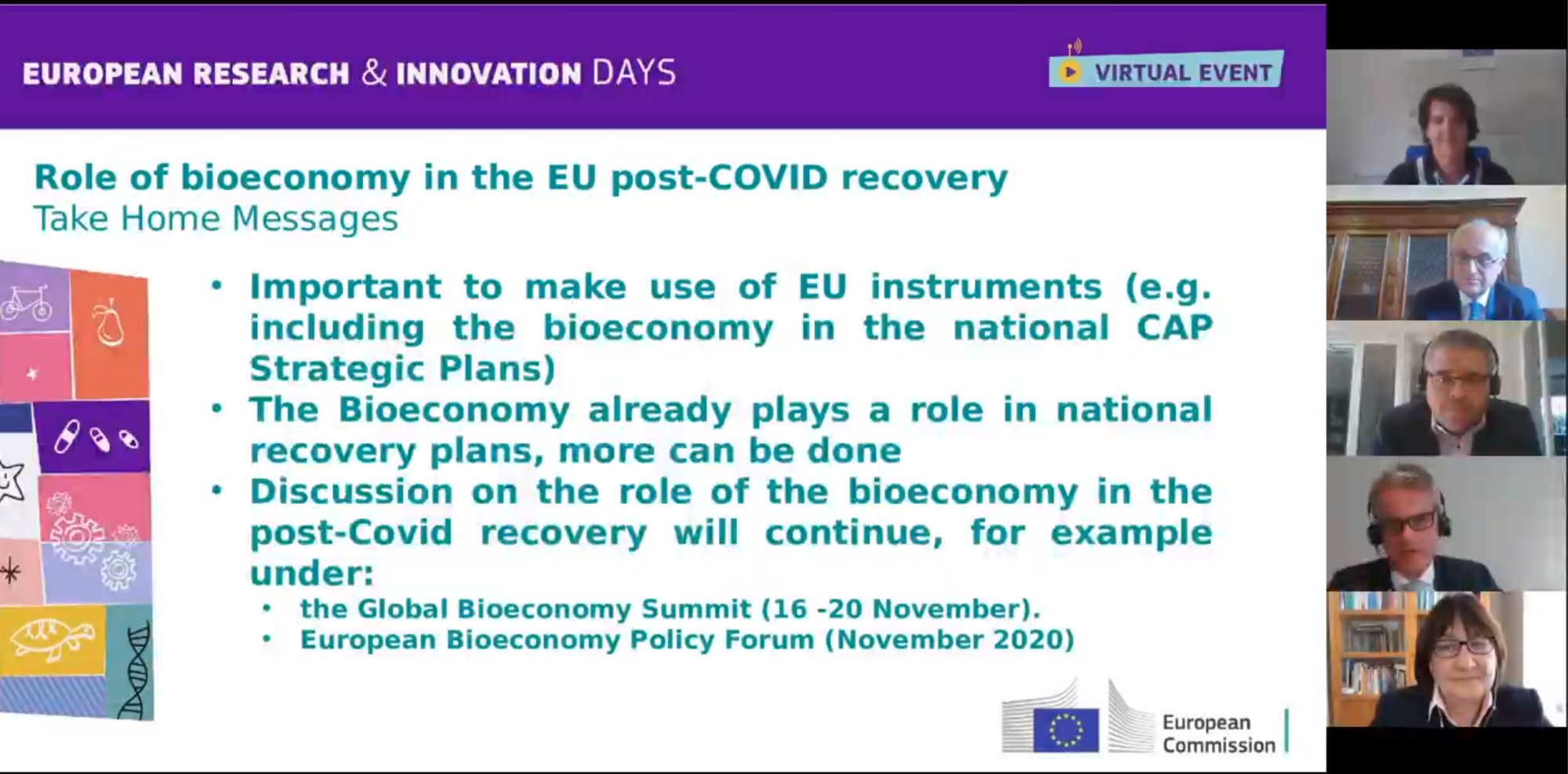EESC Opinion supports sustainable Aquaculture growth in Europe
Further to the publication in the late spring of two key Communications from the European Commission relating to European Aquaculture – on a new approach for a sustainable blue economy in the EU Transforming the EU’s blue economy for a sustainable future – and Strategic guidelines for a more sustainable and competitive EU aquaculture for the period 2021 to 2030 – further support for the sector has been announced in an opinion of the European Economic and Social Committee hearing considering these Communications.
The EESC has indicated support for the efforts and initiatives launched by the European Commission to help our sector grow and become more sustainable, expressing concern that the EU aquaculture sector is not fulfilling its true growth potential. The EESC has expressed further concerns about the fact that 65% of the aquatic products consumed in Europe come from imports.
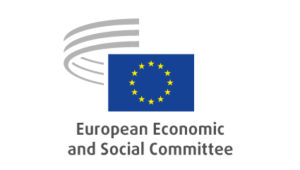
Key points from the EESC opinion include:
- Consumer choices have evolved towards a more nutritional lifestyle, with fish and aquaculture products topping the list. This represents an opportunity for significant growth in the sector, but also a responsibility to ensure future EU food security. Securing safe, healthy and sustainable food in the EU should be one of the top priorities.
- A coordinated effort from the European Commission and the Member States is needed to enhance the production capacity and profitability of the sector. Immediate simplification of administrative procedures must be complemented by high environmental standards, in order to preserve ecosystems and biodiversity, and improve quality of water. The EESC welcomes the Commission’s proposal to set up aquaculture licensing one-stop-shops in all Member States.
- The EESC considers that the right balance needs to be found between preserving the Earth’s biodiversity and meeting the necessary food requirements, taking into consideration social impact, healthy living and environmental protection. Marine and inland waters should be preserved and protected, while promoting sustainable aquaculture activities that would ensure the necessary food for the EU population.
- Space availability represents an important hurdle for the sector’s development. The EESC considers that aquaculture facilities need to be further developed, especially within coastal and rural areas across the Union, in places where other economic activities are not suitable. The EESC calls on the Member States to put in place coordinated spatial planning projects, including sea basin level planning, restoring of abandoned aquaculture facilities and big data analytics systems.
- The EESC believes that the involvement of the social partners and relevant civil society organisations in the future development strategy of the sector will create value added for the Union. They can provide both high-level expertise and excellent communication opportunities.
- The EESC considers that the relationship between the stakeholders along the value chains must be an ethical one. SMEs and start-ups should be fully supported to grow, provide high-quality jobs and create new sustainable economic models, while the public-private partnerships should benefit from financing instruments that cover long-term commitments.
- Educational and vocational training programmes can help meet the sector’s needs for a high-skilled labour force. In this regard, calls for proposals for the aquaculture sector can be financed using the European Social Fund.
- Labelling requirements have a very important role in informing consumers about the quality of aquaculture products. European citizens should be provided with trustworthy information, especially on products that come from countries with little or no legislative framework. Traceability requirements should be processed backwards, down to the hatcheries, for all products in the internal market. The final goal should be a 100% level playing field in the Single Market.
- Communication on the efforts and progress that the sector is making to ensure environmental and climate performance is paramount to ensure social acceptance and familiarise consumers with the efforts being made. Waste management systems are immediately needed for a sector that has a high potential to reduce its environmental footprint. The sector also has considerable potential to embrace circularity and renewable aquatic resources, while striving to reduce energy consumption and carbon emissions.
- Rapid and large-scale public and private investment is needed, especially in research and development activities. The Commission should promote all the relevant available EU funds and partnership opportunities through the social partners and civil society organisations networks, with the final aim of reaching all the producers, especially SMEs.
- The EESC appreciates and supports the proposal to create an EU Aquaculture Assistance Mechanism with a dedicated online platform, and considers that an Aquaculture Growth Strategy that would boost the sector’s potential is urgently needed at European level.

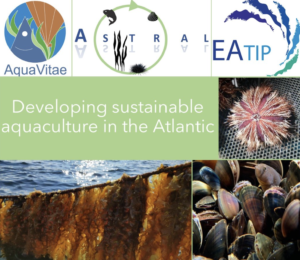
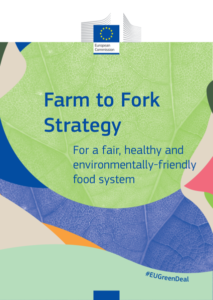
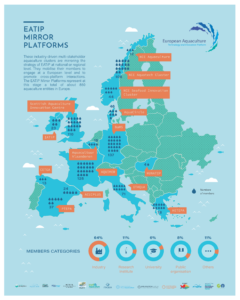

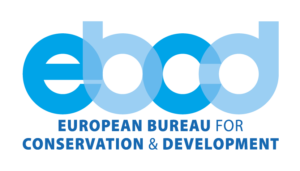 Established in Brussels in 1989, EBCD fosters dialogue and cooperation on ocean governance among all stakeholders, and works together with EU and UN institutions to advance progress on sustainable development.
Established in Brussels in 1989, EBCD fosters dialogue and cooperation on ocean governance among all stakeholders, and works together with EU and UN institutions to advance progress on sustainable development.